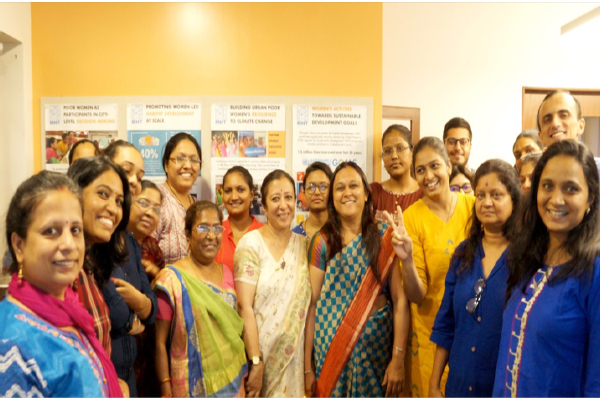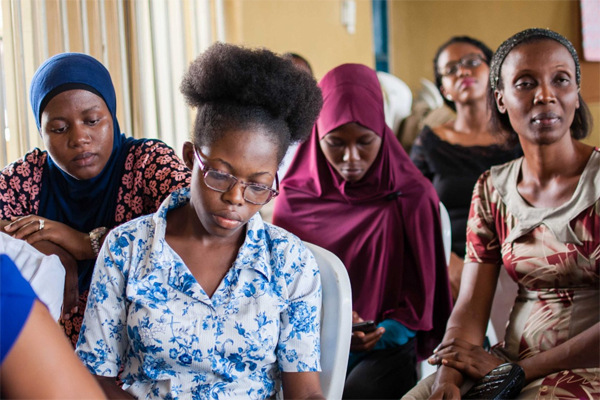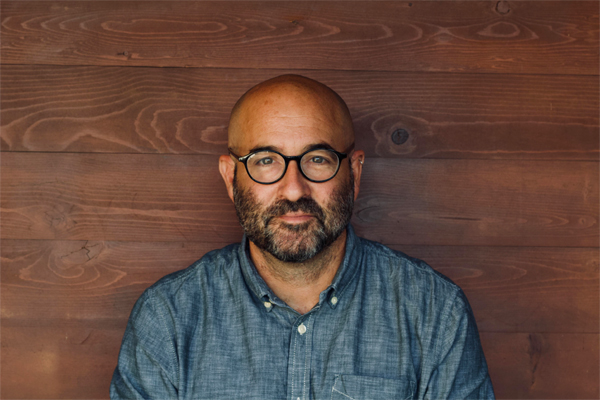
Lior Ipp, CEO of The Roddenberry Foundation in the US, outlines the importance of ensuring that philanthropic practices are inclusive to help donations reach the most marginalised communities. He also explains how to make funding models more inclusive, accessible and transparent, in order to access the best talent and expertise available.
The Covid-19 pandemic has dramatically increased the demand for social innovation and creative problem-solving across the globe. The need for more local efforts from an even greater number of diverse actors is going to be critical in the years ahead. If we want to take full advantage of the talent and expertise that’s out there, we as funders need new funding models that are more inclusive, accessible and transparent.
For too long, getting funded has been a function of social networks, with access to information and fundraising skills unavailable to many. Gender and race in particular have played a disproportionate role in determining who gets funding.
The case for change is undeniable. In the US, Black-led social enterprises are far more likely to have smaller revenues, and fewer assets than their White-led peers. Organisations led by women of colour face even greater challenges, receiving only 1% of US grants. Globally, more than 98% of humanitarian and philanthropic aid goes to large, White-led NGOs rather than small, locally-led organisations.
REACHING MARGINALISED COMMUNITIES
This dynamic has contributed to a host of problems including two long-standing and interconnected issues. Those closest to the affected communities aren’t the ones driving the solutions; and historically marginalised groups, including women and people of colour, have been sidelined from playing a broader role in social change.
In our work through the +1 Global Fund with hundreds of social entrepreneurs in over 40 countries, we’re seeing what happens when we address these problems head on. The +1 Global Fund, launched in June 2020, is driven by peer nominations within trusted networks. We partner with globally-recognised organisations who excel at identifying, vetting and supporting leading social entrepreneurs. We then ask these social entrepreneurs to identify their peers; high-impact organisations working in last-mile and vulnerable communities across the globe.

Image credit: Tech4Dev
KEY LESSONS
Here’s what we’ve learned so far:
Local knowledge and networks are paramount
The vast majority of the organisations supported through the Fund have budgets of less than $500k. Yet what they lack in resources they possess in knowledge of the language, culture and context that anchors locally-led social change. Equally critical to their success is proximity to the problems they’re addressing and to each other. Seventy percent of our nominators indicate they have close working knowledge of their nominees, illustrating the importance of the relational and community-oriented aspects of their work.
Nominations lead to greater parity
Relying on a nomination framework has expanded our reach and enabled us to invest in organisations and leaders we would have never been able to find; let alone fund. On average, 60% of the nominations we receive are for organisations operating outside of established, well-known networks. These are organisations that are known to their peers; and within their communities but rarely outside of them. This means we are able to broaden and diversify our pool of potential grantees; and oftentimes be the first (or at most second) institutional funder to invest in these organisations.
Fewer hurdles increases diversity
By removing the traditional gateways to foundation grants (applications and access to social networks that favour larger, better resourced organisations), we remove the typical barriers that prevent small, minority-led organisations from getting funded. Rather than use applications, we ask nominees to submit the information they think reflects the quality and impact of their work. Not only do we collect better, more relevant information than we would using a traditional application, we see two encouraging signs. The first is that 100% of nominated organisations are locally led. The second is that over 40% of the nominated organisations are led by women.
TOP TAKEAWAY
Perhaps the greatest takeaway from the Fund is that those on the frontlines are doing extraordinary work that only they can do. Grants have supported a wide range of programmes including new mobile wash basins in Kigali; a mobile platform for real-time health information in rural South Africa; an AI-assisted chatbot for non-English speakers in New York; and a rapid response strategy that protects women in lockdown with their abusers in India.
As we contemplate life post-pandemic, we have a unique window of opportunity to build a more sustainable, inclusive and connected world that meets the needs of many; not just the few. We can do that by ensuring that our philanthropic practices actually reflect the world we want to live in.

AUTHOR BIOGRAPHY
Lior Ipp has served as the CEO of The Roddenberry Foundation (TRF) since 2014 where he provides leadership and strategic direction for all foundation functions. Under Ipp’s leadership, TRF has been recognised for its innovative efforts to address significant social challenges that drive transformational impact. Prior to TRF, Ipp served as the CEO of Breakthrough Collaborative, a San Francisco-based educational non-profit with programs in 24 cities across the U.S. Before joining Breakthrough, Ipp was a Global Director for Ashoka’s Youth Venture where he guided program development, institutional partnerships, and regional staff in twelve countries. Prior to Ashoka, Ipp co-founded and served as CEO of an educational software company in New York City. Ipp has an Ed.M. from Harvard University’s Graduate School of Education where he received the prestigious Leadership in Education Award.




































